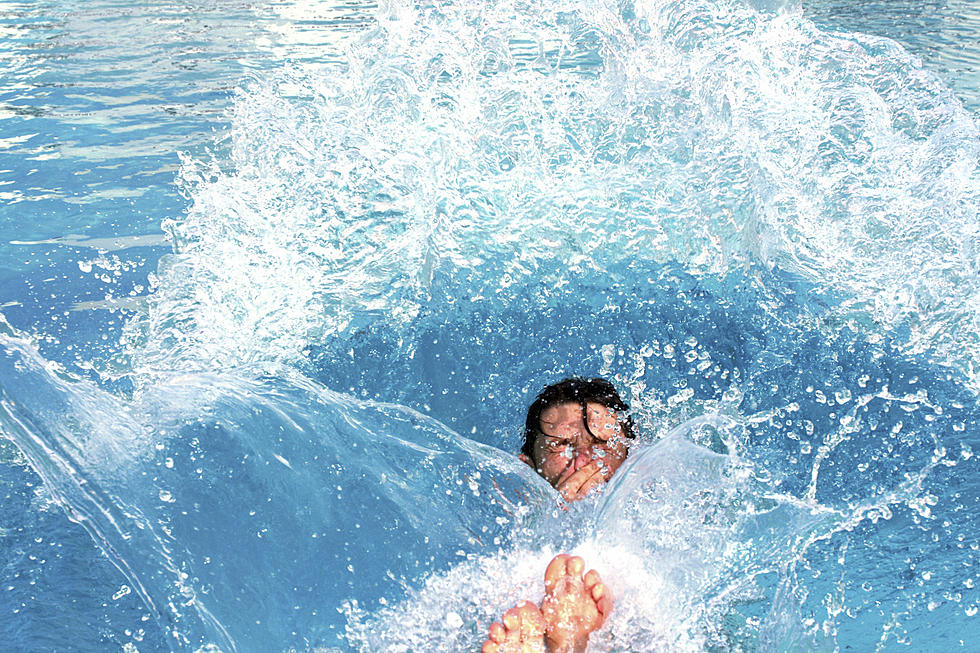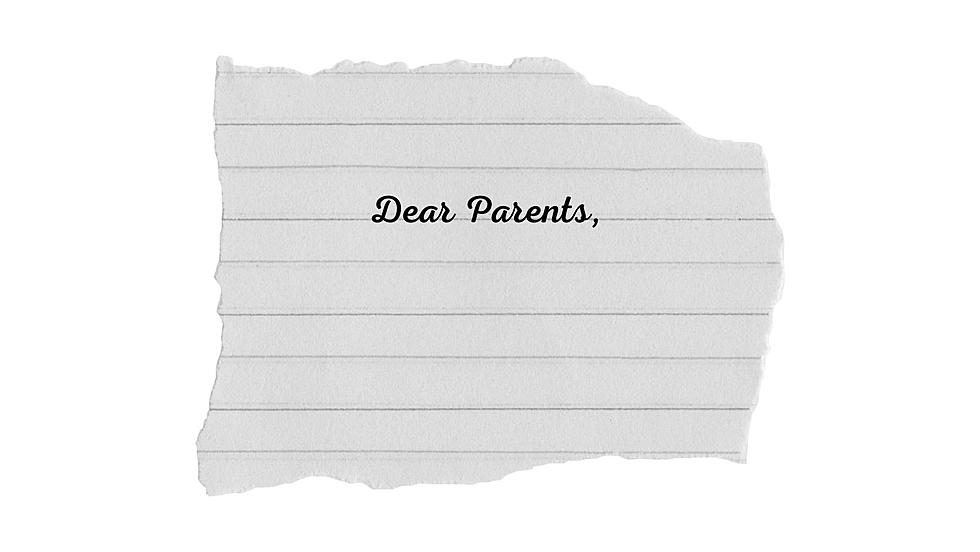
A Typical Parent Is Willing to Give a Kid $5,700 — and Never Get it Back
The average parent is willing to give his or her children $5,700 to help pay off debts without the expectation of being reimbursed, according to a new CreditCards.com report.
That hypothetical, average parent is also willing to give $8,000 if he or she expects to get the money back
Data analyst Ted Rossman said the survey finds about 90 percent of parents would give something in either circumstance.
The one debt the average parent is most willing to help their child out with is medical debt -- 68 percent said they would do that. Parents are also willing to help their kids pay off student loans, utilities, mortgages and rent.
What all these have in common, Rossman said, is that if there is such a thing, these are all considered "good debts."
But Rossman said gambling debt is the biggest taboo. Fifty-seven percent of parents say they would never help pay for a child's gambling debts. Sixteen percent are not willing to help out with credit card debt. Rossman said what's interesting is that this study was also done in 2009 and then, 28 percent said they would never help with credit card debt.
"We realize now that credit card debt doesn't just mean that you were irresponsible and overspent online or at the mall," Rossman said. It may just be a spill-over effect. It might be that some of your dollars are going toward housing expenses, student loans or even health care.
The study also finds that people with annual household incomes of under $30,000 are about as likely to help their kids with debt as those in higher income brackets.
Rossman said it's great for parents to help out their children, especially if it's an emergency debt like healthcare, a broken down car, a lost job. But if this is an ongoing thing where your child needs help paying the bills month after month after month, then, he said, there's a much bigger problem happening. Kids need to look at and re-think their budgeting and lifestyles.
He said it's not a good thing if parents are giving away all their money and at the same time, putting their own finances at risk, especially when there is no such thing as a retirement loan.
"It's like that old adage about put your own oxygen mask on before helping somebody else," Rossman said.
More From SoJO 104.9 FM










